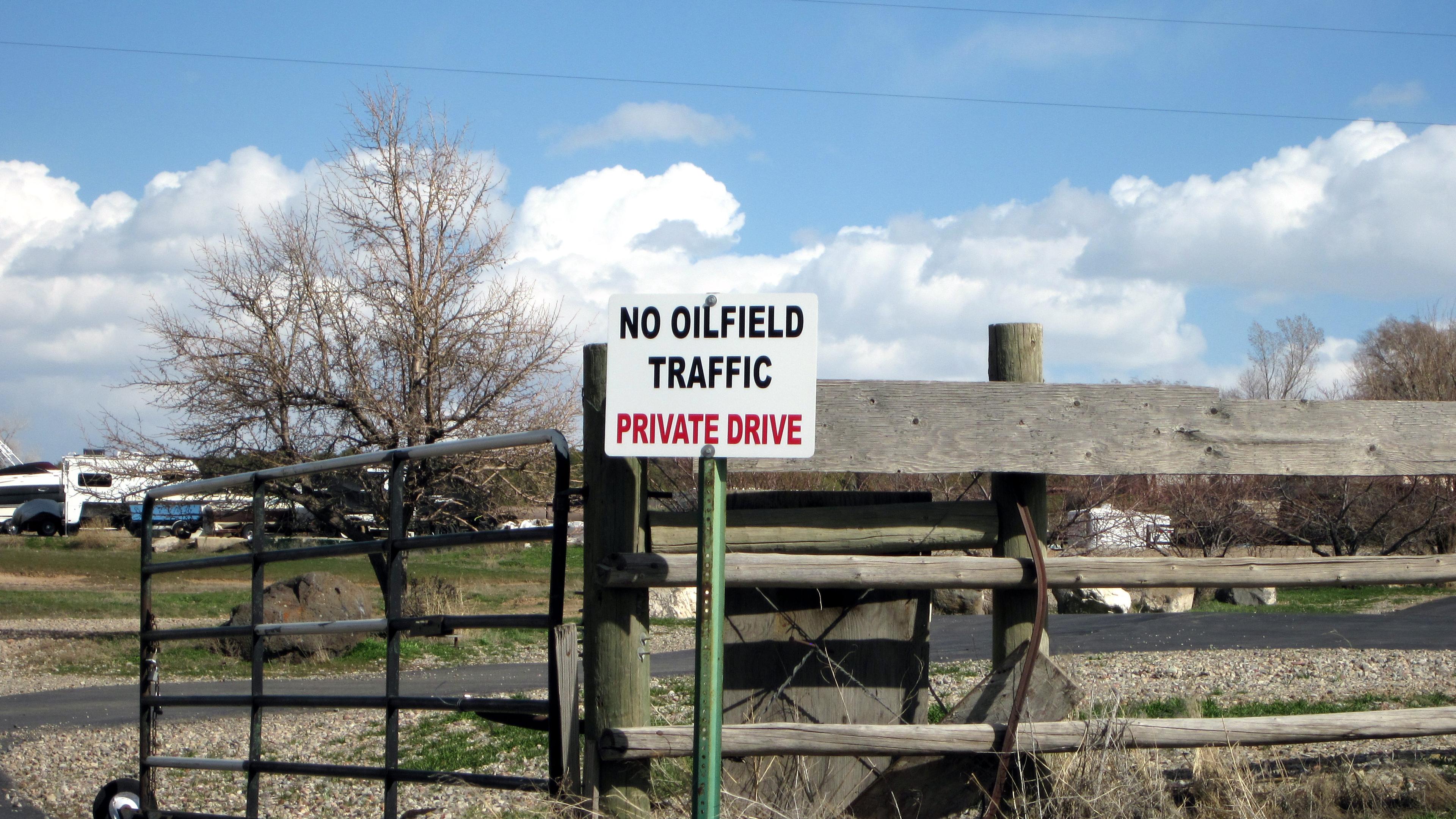
After years of driver frustration, the Colorado Department of Transportation is trying a new approach to traffic congestion on Interstate 70 between Denver and Vail: put one person in charge of fixing it.
The state's first I-70 Corridor Operations Manager is Patrick Chavez. He started in September and is tasked with coordinating public and private agencies. They include divisions of CDOT, the Colorado State Patrol, municipal governments, and private towing companies.
Chavez reports to Ryan Rice, the director of CDOT’s Division of Operations. Rice says the new position reflects a better way of looking at the problems on I-70.
“The mountain corridor is really a living, breathing system,” Rice says. “Something that happens in Vail will affect Idaho Springs and vice versa.”
CDOT added 12 snowplows to its fleet along the I-70 corridor this year, bringing the total number to 102. It has shifted schedules so that more drivers will be working on weekends.
A highly anticipated project to convert highway shoulders to toll lanes between Empire and Idaho Springs is expected to open in October of 2015, according to Rice.
Traffic through the Eisenhower Tunnel will nearly double in the next 20 years according to CDOT estimates, raising the question of whether I-70 will need to be expanded to accommodate the additional cars. Rice believes it will take a combination of all of CDOT’s efforts to ease traffic.
“No single one is a silver bullet, including adding capacity,” he says. “It will be a collection of things. Transportation planning is becoming much more surgical.”
Martin Luther King Day weekend is one of the busiest ski weekends of the year. Last year, 162,000 vehicles passed through the Eisenhower Tunnel over the holiday weekend, nearly 5 percent more than the year before. An I-70 travel forecast for this Martin Luther King weekend can be found here.
To measure the effectiveness of the new management structure, CDOT will look to see if the number of accidents and highway closures go down.
Cutting down on extreme delays is also important. “We believe people can tolerate a delay of 90 minutes between Vail and Denver, but we’ve had delays of two to three hours, and even five hours on a few occasions,” says Rice.








